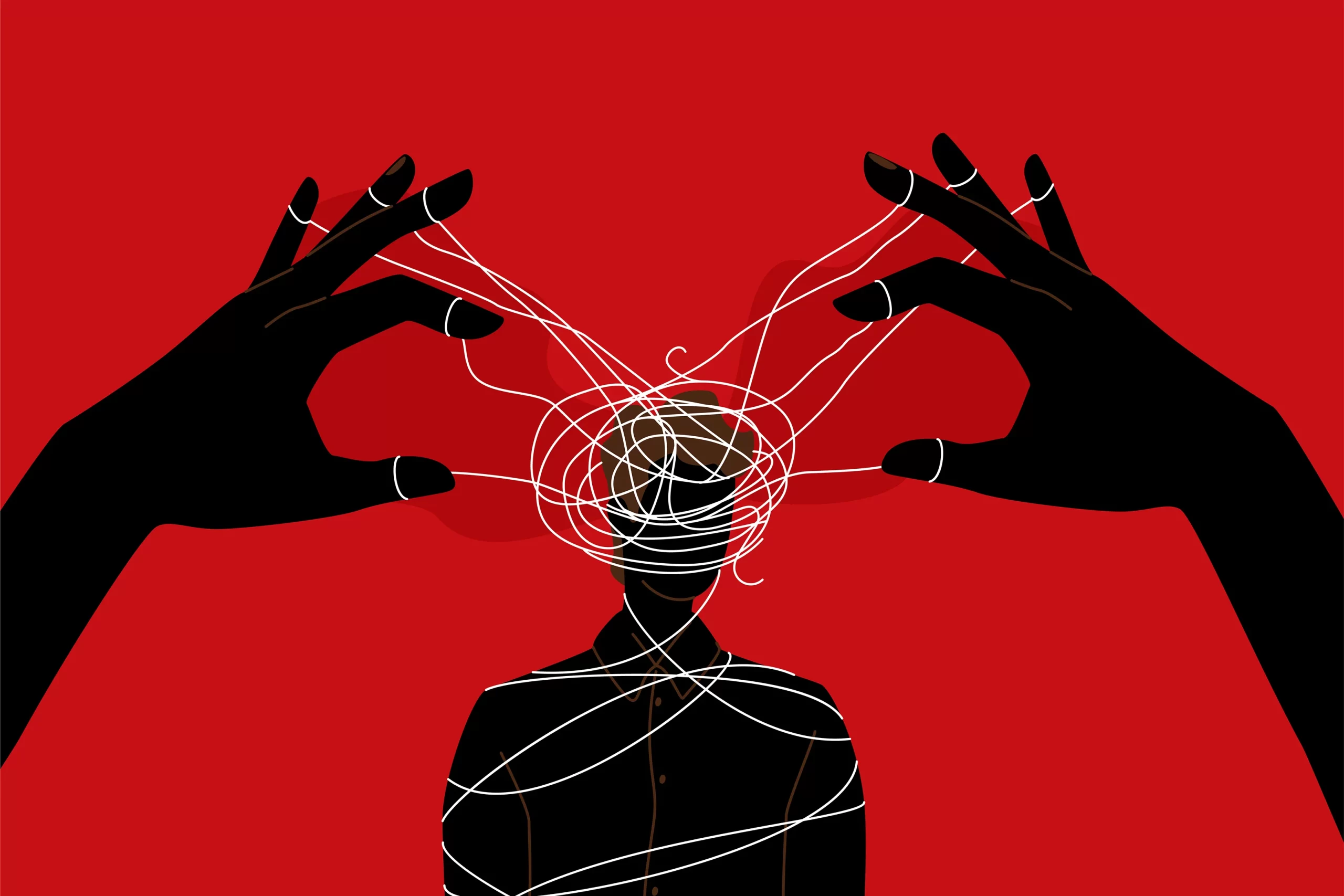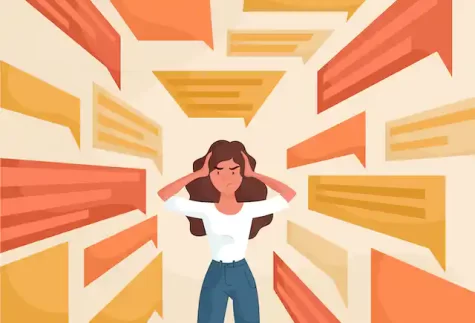
Tyler Pearce | Head Editor
May 19, 2023
The spread of information faces an alarming challenge in our digital age: misinformation. This phenomenon, characterized by the spread of false information without malicious intent, compromises the accuracy of our collective knowledge and endangers society as a whole. Misinformation threatens the foundations of our society including social harmony, public health, and politics. It stifles democratic processes in politics, distorts public opinion, and fosters polarization.
Election outcomes can be changed, votes can be swayed, and societal divisions can grow as a result. The COVID-19 pandemic serves as striking illustrations of how misinformation can damage public health. False information about the virus and how to prevent it hampered containment efforts, caused irrational fear, and worsened vaccine-reluctance. Misinformation not only led to confusion but also fueled distrust in public health institutions, prolonging the global crisis.
Misinformation can also lead to violence and bias, aggravating tensions, and possibly inciting violence through false reports about specific racial, ethnic, or religious groups. For instance, false information played a significant role in the spike in hate crimes against Asian communities that occurred during the COVID-19 pandemic.
Even though social media platforms have many advantages, they regularly serve to channel false information, greatly expanding its reach and the speed of its spread (almost like Covid itself). Algorithms may unintentionally amplify sensational or divisive content, worsened by fact-checking sources which regularly lag behind the viral spread of false narratives.

Governments, tech companies, and individuals must work together to battle misinformation. It demands establishing a balance between the rights to free speech, privacy, and content moderation. Additionally, education is essential for giving people both the media literacy and analytical skills they need to tell fact from fiction.
There is a critical need for an organized, driven response to limit the influence of misinformation. Our ability to successfully address this challenge will determine our prosperity in the information age.

Leave a Reply